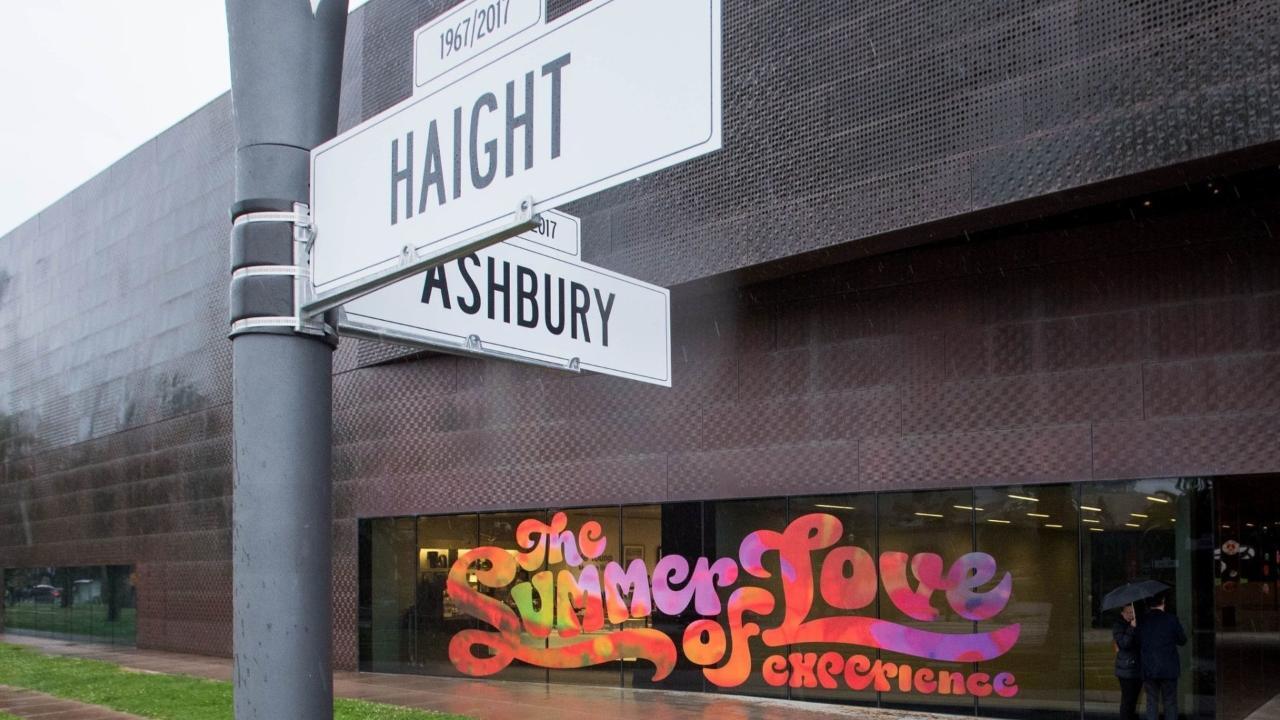

Lloyd’s recent co-workers - including Dassin, Hunt and Losey, as well as theater colleagues from the 1930s, including Elia Kazan, Morris Carnovsky and Martin Ritt - were targeted, while Brecht was asked to testify. Soon after that, Washington stepped up its HUAC hearings to investigate charges of Communism in Hollywood. Two years later, he and Houseman presented the English-language world premiere of Bertolt Brecht’s “Galileo” at Coronet Theatre in Los Angeles, starring Charles Laughton and directed by Brecht and Joseph Losey. In 1945, Variety said Lloyd was a “standout” in the film “A Letter for Evie,” directed by Jules Dassin and starring Marsha Hunt. Lloyd’s activism and his showbiz associations made him vulnerable in the 1940s.

On April 29, 1942, Variety said “Norman Lloyd of the Broadway stage but new to Hollywood, is genuinely plausible as the ferret-like culprit who sets the fatal airplane factor fire.”

Lloyd’s film debut came in the 1942 “Saboteur,” a Hitchcock suspense movie in which newcomer Lloyd received third billing. “Saboteur”: from left, Norman Lloyd, director Alfred Hitchcock, on-set, 1942 Courtesy Everett Collection


 0 kommentar(er)
0 kommentar(er)
